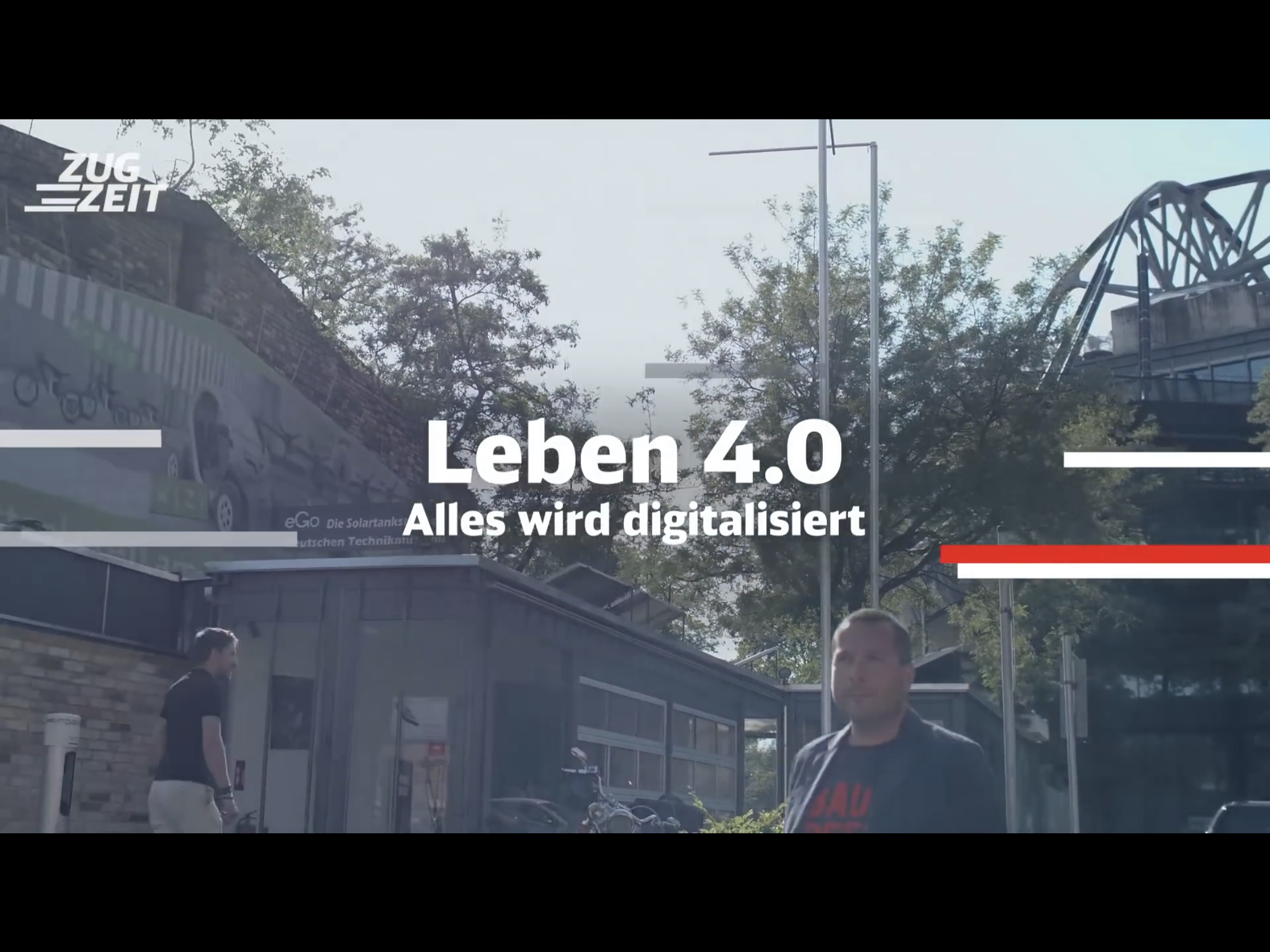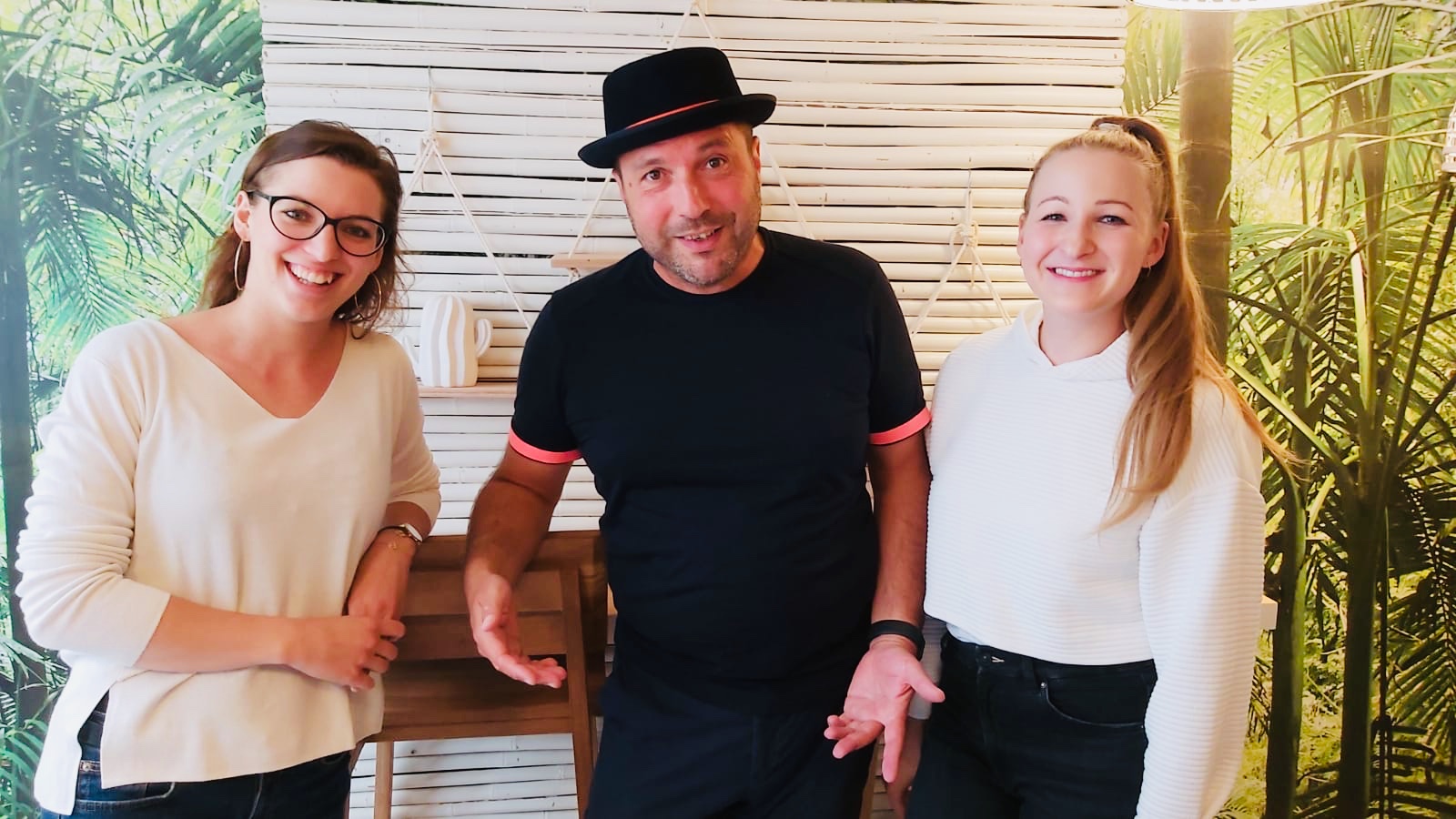Futurology creates added value for life!
Together with the Schufa magazine “Wegbereiter” we thought about how we could make the possibilities of digitalization visible and thus create added value in life through futurology – and wrote an article about it: “The future is not coming. We are shaping it!” Here are a few basic thoughts about our future. The link to the online version of the magazine can be found below. We encounter a lot of new things. This is fascinating on the one hand, but on the other hand it arouses fears. Especially since we rarely look at the holistic picture. We look at a detail. A part of everyday life or economy that concerns us. That is per thousand compared to what is changing. Futurology makes the future visible! Futurologists show the whole picture. And they show how the individual company, the region, the city or person is networked within it. All of a sudden, connections become clear and fears of the future are transformed into future opportunities. Because yes, over 80% of our everyday life will change. However, …










You must be logged in to post a comment.